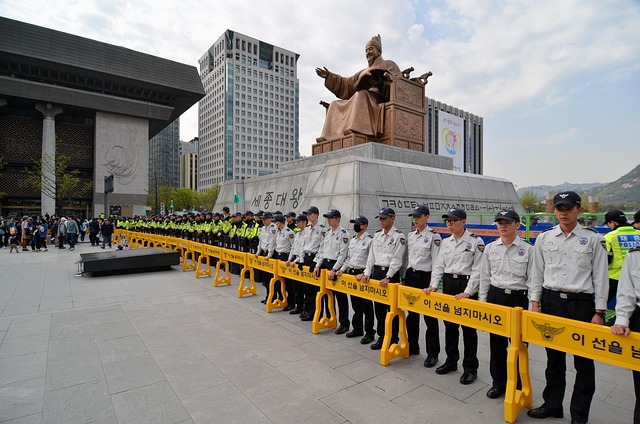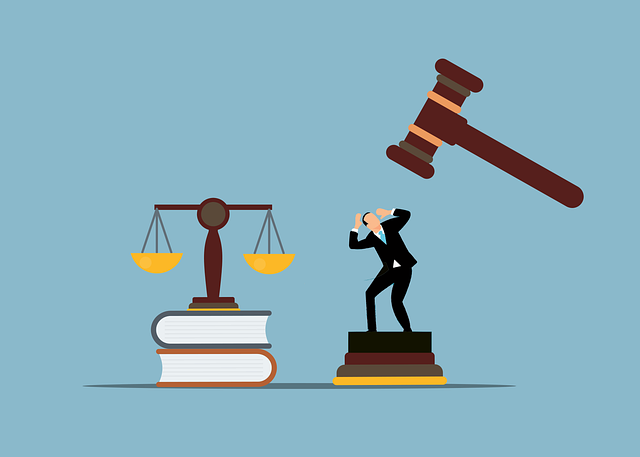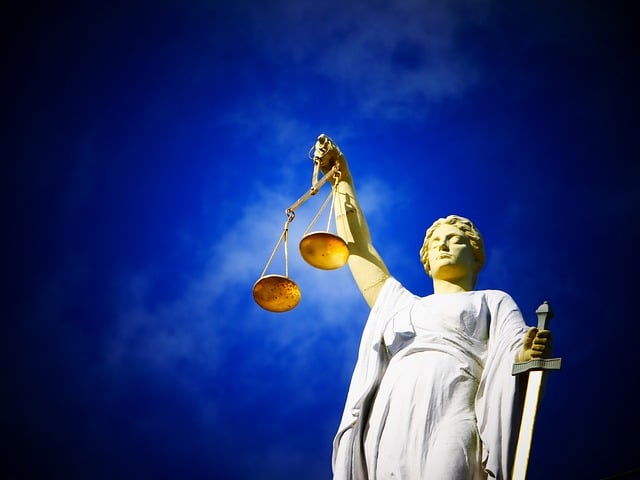Whistleblower Protection Laws (WPL) safeguard individuals who expose illegal activities in organizations by ensuring a fair and transparent court process free from retaliation. The Importance of Due Process in Court is crucial for protecting whistleblowers' rights, fostering public trust, and encouraging more disclosures to combat white-collar crimes. Navigating legal challenges requires robust evidence, strategic planning, and careful advocacy. Fair trials guarantee impartial hearings, thorough testing of accusations, and adequate compensation for successful whistleblowers, deterring potential wrongdoers and promoting truth and transparency.
Whistleblower Protection Lawsuits play a pivotal role in upholding justice and transparency. These legal actions safeguard individuals who expose wrongdoing within organizations, ensuring their rights are protected throughout the process. Understanding whistleblower protection laws is crucial for both victims seeking recourse and businesses aiming to comply with regulations. This article delves into key aspects, including due process rights, navigating legal challenges, and ensuring fair trials, emphasizing the importance of due process in court for a balanced and just outcome.
- Understanding Whistleblower Protection Laws
- Due Process Rights for Whistleblowers
- Navigating Legal Challenges in Court
- Ensuring Fair Trials and Compensation
Understanding Whistleblower Protection Laws

Whistleblower Protection Laws (WPL) are crucial legal frameworks designed to safeguard individuals who expose illegal or unethical activities within organizations from potential retaliation. These laws ensure that whistleblowers have a fair and transparent process when bringing forward concerns, often facing significant personal risks. Understanding the importance of due process in court is key to these laws’ success.
The WPL provides a structured avenue for employees to report fraudulent, illegal, or immoral conduct without fear of adverse treatment. It emphasizes a balanced approach, allowing companies to investigate allegations and take appropriate actions while protecting whistleblowers from unjustified reprisals. Achieving extraordinary results in white collar defense often hinges on the fairness and efficiency of these processes, which, in turn, bolster efforts to combat white-collar and economic crimes.
Due Process Rights for Whistleblowers

Whistleblowers who choose to expose illegal activities within their organizations often face significant personal risks and challenges. Ensuring they have robust due process rights in court is of paramount importance, especially given the high-stakes nature of many cases. The ability to present their case fairly and protect their identity is crucial for maintaining public trust and encouraging more individuals to come forward with vital information.
An unprecedented track record of successful whistleblower protection lawsuits highlights the growing recognition of these rights. Jury trials play a pivotal role in this process, allowing for transparent and impartial adjudication. This ensures that both the accuser and the accused receive a fair hearing, a fundamental aspect of due process, particularly in complex and sensitive high-stakes cases.
Navigating Legal Challenges in Court

Navigating Legal Challenges in Court presents a complex landscape for whistleblowers. Success hinges on ensuring the importance of due process in court, protecting both the integrity of the whistleblower’s claims and their own safety. The journey often involves overcoming formidable legal defenses from well-resourced entities, including companies and government agencies. Winning challenging defense verdicts requires robust evidence, meticulous documentation, and a deep understanding of the law.
Whistleblower protection lawsuits are not merely legal battles; they resonate deeply within philanthropic and political communities that champion transparency and accountability. As high-stakes cases, these lawsuits demand strategic planning, careful advocacy, and unwavering commitment to uphold truth and justice.
Ensuring Fair Trials and Compensation

Ensuring a fair trial is paramount when it comes to whistleblower protection lawsuits. It’s not just about protecting individuals who expose wrongdoing; it’s also about upholding the integrity of the legal system. The importance of due process in court cannot be overstated, as it guarantees that both whistleblowers and those they accuse have a chance to present their cases fully and impartially. This balance ensures that accusations are rigorously tested through robust legal procedures, leading to more credible outcomes.
A fair trial also includes adequate compensation for successful whistleblowers. Beyond the vindication of a winning challenging defense verdict in high-stakes cases, compensatory damages can help offset the personal costs—financially and emotionally—incurred during the legal battle. Achieving extraordinary results in these lawsuits not only right wrongs but also serves as a powerful deterrent to potential wrongdoers, fostering an environment where truth and transparency thrive.
Whistleblower protection lawsuits play a pivotal role in upholding justice and ensuring accountability. By understanding and safeguarding due process rights, these legal challenges can lead to fair trials and adequate compensation for whistleblowers. Navigating the complexities of court proceedings is crucial, especially when facing powerful entities, but with robust protections in place, individuals can expose wrongdoing without fear of retaliation. The importance of due process in court cannot be overstated; it ensures that every party involved receives a fair hearing, ultimately strengthening the integrity of the legal system.






